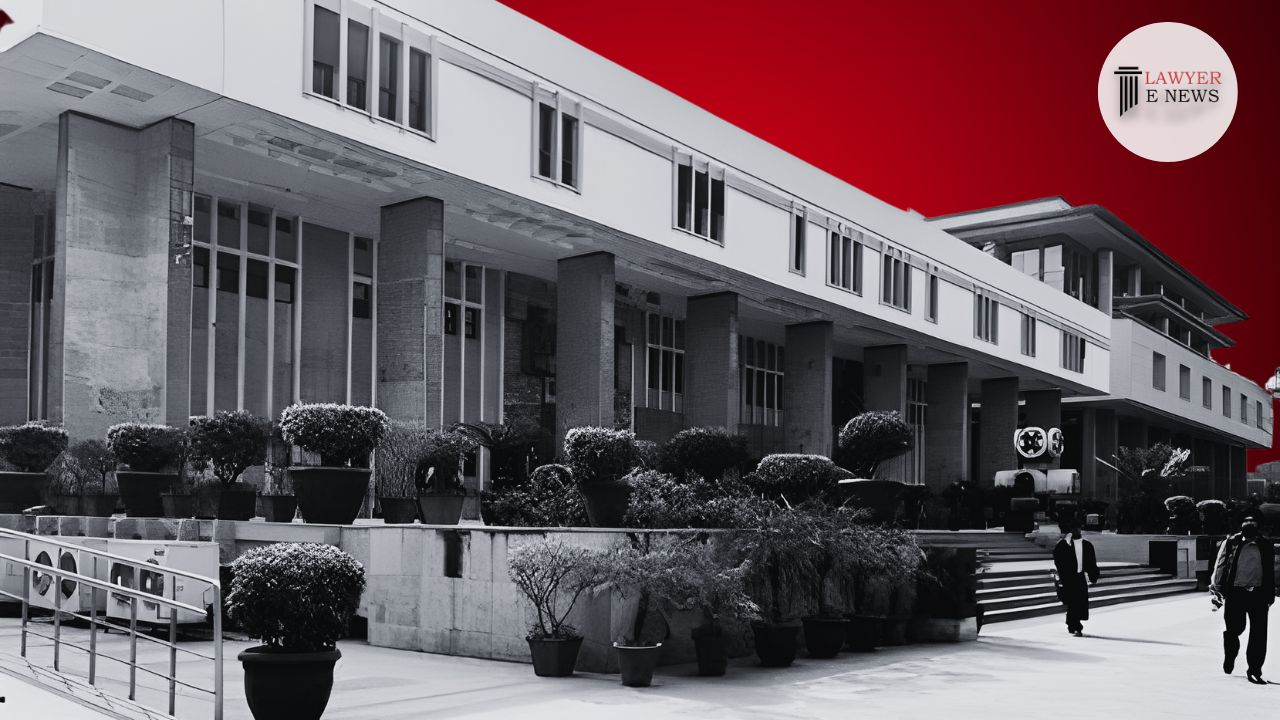-
by Admin
15 February 2026 2:36 AM



In a recent judgment, the High Court of Delhi permitted the plaintiffs in a property dispute case to file additional documents, reversing a lower court's decision. The ruling, delivered by Justice Dharmesh Sharma on January 19, 2024, emphasizes that allowing these documents does not prejudice the defendants and ensures a fair trial.
The petitioners, Jai Sharma and another, filed a suit for recovery of possession, arrears of rent, mesne profits, and permanent injunction against the respondents, Ramwati and another. They sought to introduce additional documents, including a General Power of Attorney and a complaint to the police, which were not initially filed with the plaint. The Trial Court had dismissed this application, prompting the revision petition.
Justice Sharma observed that while the plaintiffs did not file these documents initially, their inclusion at the evidence stage would not unfairly disadvantage the defendants. "The documents sought to be placed neither come as a surprise to the respondents/defendants nor do they improve upon the case of the petitioners/plaintiffs either," noted the court. The court highlighted that these documents were acknowledged by both parties, negating any claim of unexpected prejudice.
The lower court had relied on the case of Asia Pacific Breweries v. Superior Industries, asserting that inadvertence is not a valid reason for late submission of documents. However, the High Court found that this principle did not apply here since the documents' existence and relevance were already acknowledged in the proceedings.
Justice Sharma referred to the Supreme Court's decision in Mohammed Abdul Wahid v. Nilofer & Anr., underscoring that procedural rules should not obstruct justice if no prejudice is caused. The court stressed that the primary aim is to ensure a just resolution of disputes, and procedural flexibility can be warranted to serve this purpose.
"The learned Trial Court failed to appreciate the whole gamut of the case and filing of such documents at a belated stage would not result in any prejudice to either of the parties," stated Justice Sharma. The judgment emphasized that the defendants had acknowledged the documents, mitigating any concerns of procedural unfairness.
The High Court's decision to set aside the Trial Court's order and allow the submission of additional documents underscores the judiciary's commitment to fair trial principles. By ensuring that both parties can present relevant evidence, the judgment reinforces the legal framework's flexibility to achieve justice. The case, now remanded for further proceedings with the newly admitted documents, is expected to progress towards a more informed adjudication.
Date of Decision: January 19, 2024
Jai Sharma & Anr. vs. Ramwati & Anr.
